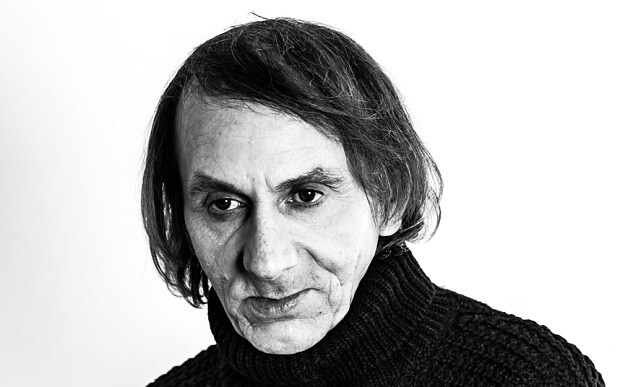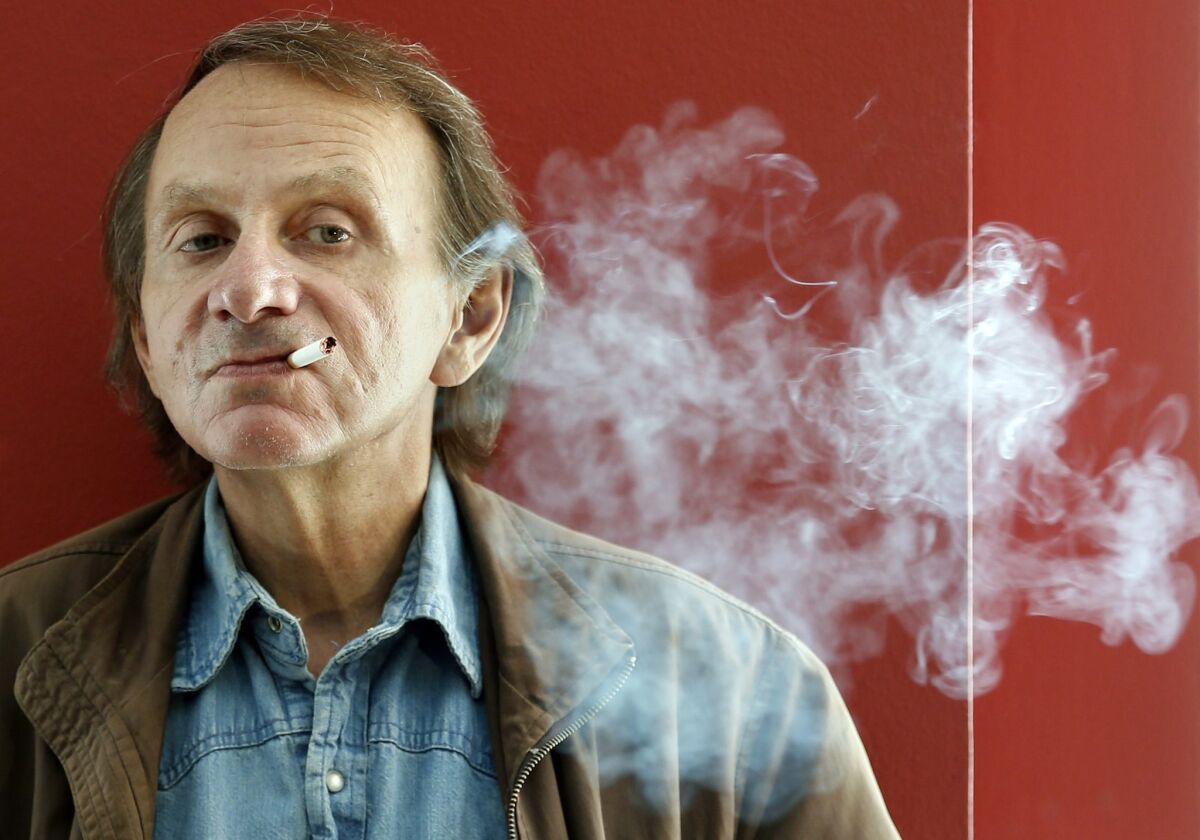On Tuesday, a Dutch appeals court made a decision stating that the controversial French novelist Michel Houellebecq must be granted the opportunity to view a pornographic film in which he appeared before its release. This ruling came after his previous attempt to have the film, titled "Kirac 27" and directed by Dutch filmmaker Stefan Ruitenbeek, banned was unsuccessful.
The judges upheld the earlier ruling made in March, which denied Houellebecq's request to prevent the film's release. However, the appeals court in Amsterdam noted that Ruitenbeek had violated an agreement regarding the film's nature, which was supposed to present a blend of fact and fiction, leaving uncertainty as to whether Houellebecq actually engaged in sexual activity on screen or if a body double was employed.
The director "seriously undermined the illusion" by giving an interview to the Vice news site in February, in which he said that Houellebecq was "really good in bed", judges said.
Houellebecq, whose best-selling works include "Submission" and "Atomised", must therefore be allowed to watch the film four weeks before it is released, the court ruled.

According to the judges, during this period, the writer will have the option to file another appeal against the screening of the film. They further mentioned that the film, initially scheduled for release on May 26, has already been delayed. Additionally, the art collective associated with Ruitenbeek will face a fine of 25,000 euros ($27,100) if they fail to comply with the court's decision.
In January, an online trailer for the movie was released, but it has since been taken down from the internet. The trailer depicted Houellebecq, without a shirt, engaging in intimate acts such as kissing and fondling a young woman in bed.
Houellebecq expressed dissatisfaction, claiming that the film had adversely affected his reputation and contending that he had signed an unjust contract while under the influence of alcohol. However, his previous attempt to legally prohibit the movie's release in France ended in defeat.

"Our client is very pleased that the judgment in the first instance has been overturned and that the court has largely ruled in his favour," his lawyer Jacqueline Schaap told AFP in a statement.
"In these circumstances, it is right that the images must first be shown to the client, whereby he has the opportunity to object to certain images."
Renowned as one of France's prominent writers, Houellebecq has faced accusations of exploiting right-wing concerns regarding Islam in the country. Earlier this month, Flammarion publishing house announced that on May 24, Houellebecq would release a 112-page book that delves into his encounters and encounters with the Dutch film in question.









